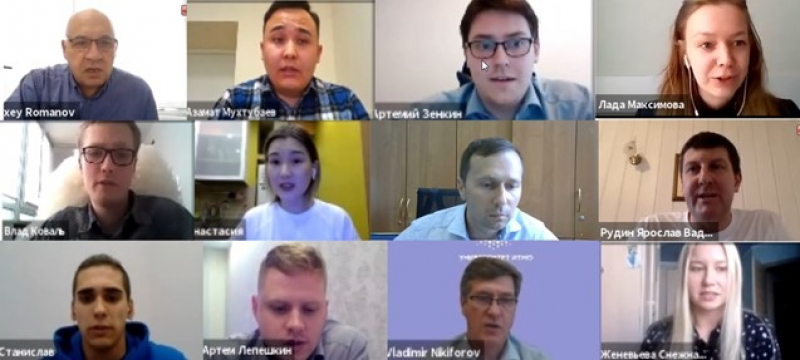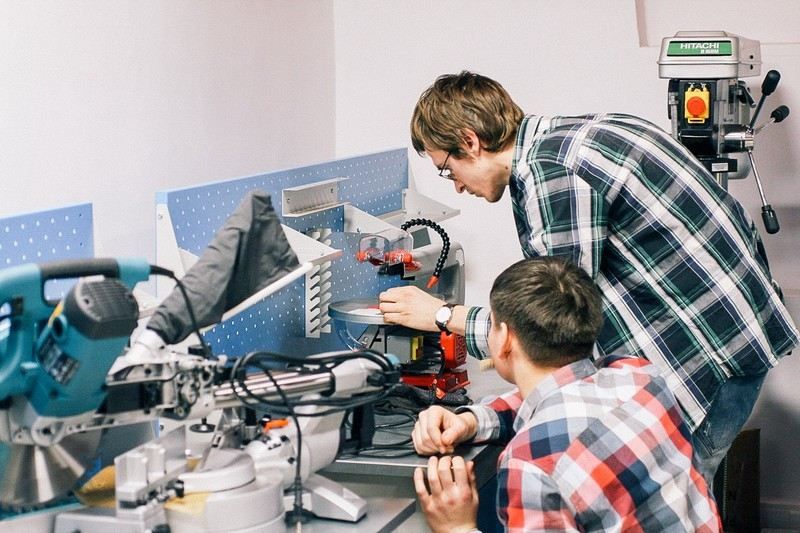This year, students presented their engineering and technological projects online.
ITMO has been organizing presentations of practice-oriented R&D projects annually since 2016. The events aim to boost the engineering and technological ability of ITMO University students. Participating students can polish their research and engineering skills and, as per one of the requirements, they have to develop and test physical objects (prototypes, installations, etc.).
Moreover, practice-oriented R&D projects are a way of attracting prospective students by involving them in projects conducted by creative groups at ITMO.

The other goals of the initiative include:
-
Improving the quality of training for Bachelor’s, Master’s, and PhD students by involving them in practice-oriented research, engineering, and design projects;
-
Developing creative partnerships between students of all levels and research associates at ITMO University through joint project work;
-
Creating a research and technological material for subsequent use in applied, experimental, technological, and engineering projects conducted by ITMO University that can be commercialized, as well as in teaching and training of highly qualified specialists.
According to Lada Maksimova, a Master’s student at the Institute of International Development and Partnership, the online format was not a problem but a way to combat stage fright. The topic of her presentation was “Developing a mobile app to gamify the process of studying the history and culture of St. Petersburg”.
“Everything went smoothly: at a good pace and with a minimal amount of technical difficulties. As a presenter, I’d say it’s easier to do it online – it’s less stressful. Though it is more convenient to listen offline,” notes Lada Maksimova. “Everyone did a good job preparing and had something to say. The board offered many questions, remarks, and some useful advice, which I think will help every team improve their projects in the future. The most memorable presentation for me was by Anna Stekolshchikova, whose project centers on creating a diagnostics platform for detecting staphylococcus in biological liquids.”




